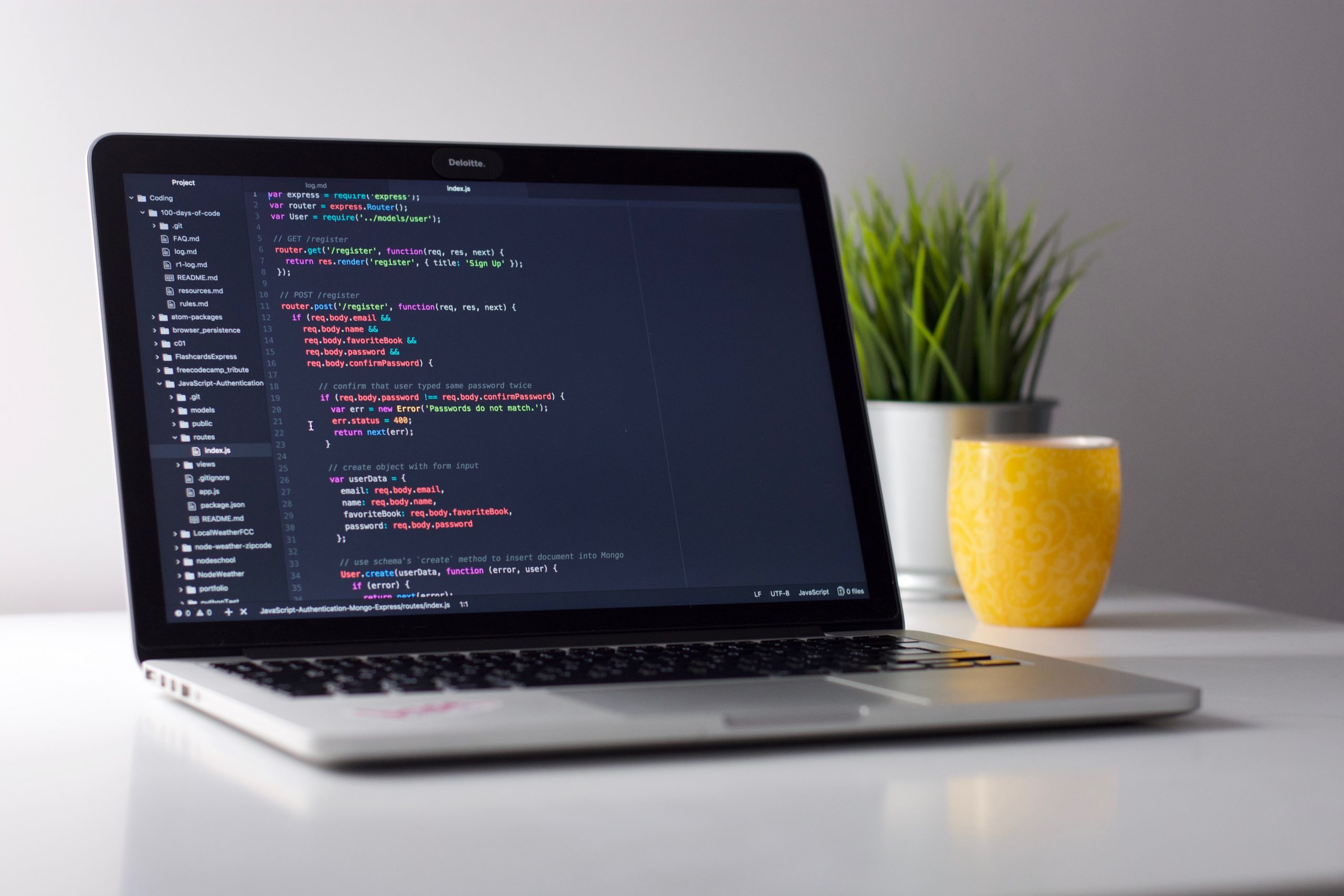Python is used by programmers all over the world to construct complex applications and websites. Python is commonly recognised as the most versatile programming language, able to be utilised in a variety of contexts. With the correct tools and frameworks, Python programming is possible. Python is necessary for entry into the disciplines of artificial intelligence (AI), machine learning (ML), and data science.
Table of Contents
What Does Python Certification Entail?
Python certification is currently quite popular. It indicates the skill set and level of qualification of the individual. These certifications are utilised by HR/hiring managers as proxies for a candidate’s employment history. It counts as additional promotion points.
Obtaining a Python certification is a great method to learn more about the language’s advanced features and associated packages, such as Pandas and NumPy.
Learning how to construct advanced-level, high-quality Big Data programmes in Python is an essential skill. By attending online classes, we may work on real-world challenges and gain expertise about large-scale efforts.
Certification in Python Programming Offers Numerous Benefits
- A Python certification will validate your language knowledge.
- It offers us a tremendous sense of self-worth.
- It provides a competitive advantage in the marketplace.
- It opens the door to prosperous careers.
- With the Python certification, the individual might earn more money.
- As the need for data scientists, analysts, and programmers increases exponentially, now is the best moment to get Python-certified.
How many unique Python competence levels exist?
To put it simply: a great deal. As noted earlier, others can create their own Python-based coursework certificates as there is no formal certification accessible.
The Python Institute, a non-profit organisation, offers the following certificates, for instance:
- The PCPP 1 and PCPP 2 programmes are distinct. (Python Certified Programming Professional 2)
- PCAP file (Certified Associate in Python Programming)
- PCEP (Certified Entry-Level Python Programmer Certification)
- In addition, there is the Microsoft Technology Associate 98-381 exam: The Introduction to Python Certification demonstrates a candidate’s proficiency with the Python programming language and syntax (as well as recognise various data types in Python).
What are the steps to find the perfect Python Certification?
Before choosing on a certification, you should examine several criteria. This signifies that certification should be granted by a reputable organisation. Choosing a certification source with a poor reputation might harm your employment prospects. Consider the following additional variables while making a choice:
- The first stage is to acquire fundamental knowledge.
You may obtain information on the availability of various Python programmes and libraries from many sources. On the Python website, a list of Python packages is available (also known as the Cheese Shop). There is also a page for searching Python-related content.
- Identify the sort of certification required.
Different job profiles and positions require specific levels of advances of Python to be completed. Always check up with profile requirement and determine if the employer requires certifications.
- Gain practical experience.
An increasing number of prospective Python programmers are enrolling in courses that teach them the fundamentals of Python and allow them to write code. Coding bootcamps and data science courses are becoming more popular options for Python learners, and not only for novice Python programmers.
- Be up to date.
As with other IT industries, Python workers must keep up with changes in programming languages, methodologies, and data science trends. Python.org’s extensive online documentation is an excellent starting point for learning the language. Numerous websites, such as practicepython.org and codingbag.com, may help you stay current with the latest Python developments. GitHub and Bootstrap are two examples of open-source commons that might help you remain up-to-date.
- Preparation for Examinations
If you put in sufficient effort, you should pass your certification examinations with flying colours. Preferably, the certification supplier should also offer test preparation. For test preparation, a certification organisation may give a list of third-party courses to choose from.
- Identification and Reputation
You are more likely to be hired if you have certifications from well-known organisations, such as Microsoft. Choose a certification source with a large audience in mind for this decision.
- Validity is a crucial factor to consider.
Certifications may have an expiration date. They may require replacement within a few years.If you wish to recertify for a certificate, you must ensure that you can pass the test in advance.
- Cost
Before committing to taking the exam, ensure that you can afford the fee. It is essential to determine if the aforementioned attributes are worth the cost.
- What Is Certification’s Function?
As a Python developer, certification is not required. On the other side, obtaining a qualification may improve your work prospects. Certification will increase your credibility while hunting for a job or a promotion.
- This examination is provided in your area?
Some certification examinations may not be accessible in your current location. Before registering for an exam, you should confirm if there is a testing centre in your area.
- Specialization of specific areas through online resources:
Select the most productive area of Python development for your efforts. Many top universities offer python certification programs on Simplilearn’s platform that can lead to professional certification. The good news is that many of these courses (and certifications) are focused on a single aspect of Python programming, such as data analysis, allowing you to customize your education and certification route to match the specific requirements of your career.
- Time
To learn Python in two months or fewer as a novice, a full-time commitment is required. A person who devotes 40 hours per week to learning Python might anticipate finishing the course in 250 hours.
The majority of individuals who seek to learn Python devote a specific amount of time daily to studying the language’s foundations and then applying what they’ve learned.
By acquiring one or more certifications in the Python programming language, you may easily set yourself apart from your contemporaries and acquire an advantage in terms of the professional options that are available to you.











